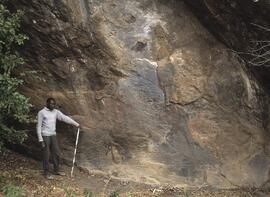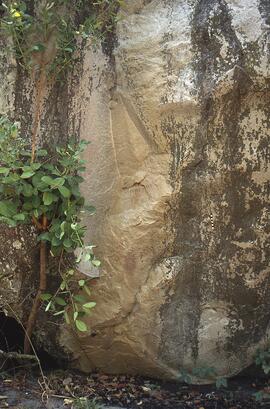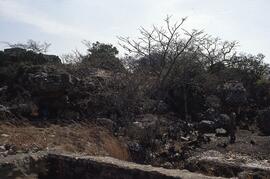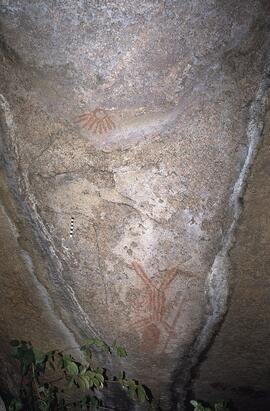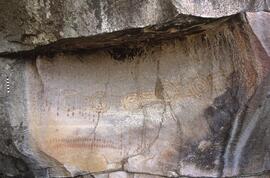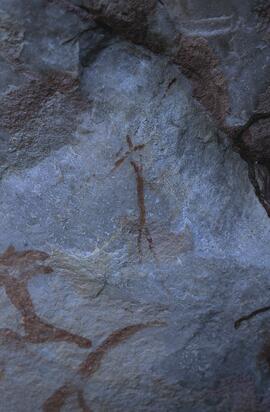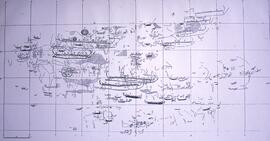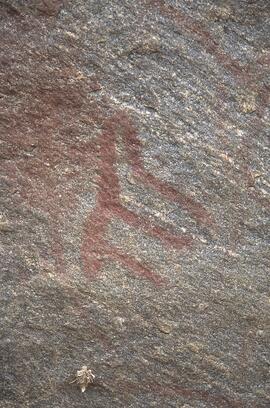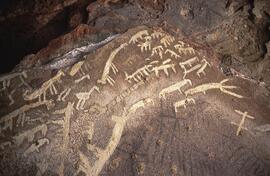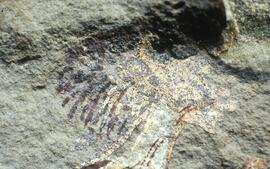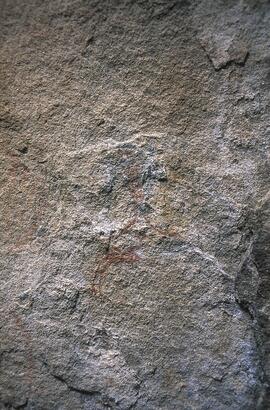Identity area
Reference code
BWS BWS
Title
Smith, Benjamin
Date(s)
Level of description
Collection
Extent and medium
Collection of artifacts
Context area
Name of creator
(20/02/2003)
Biographical history
Gender: M
Nationality: British
Created by: azizo
Created on: 20/02/2003
Amended by: azizo
Amended on: 21/11/2014
Nationality: British
Created by: azizo
Created on: 20/02/2003
Amended by: azizo
Amended on: 21/11/2014
Repository
Archival history
Immediate source of acquisition or transfer
Content and structure area
Scope and content
Appraisal, destruction and scheduling
Accruals
System of arrangement
Conditions of access and use area
Conditions governing access
Conditions governing reproduction
Language of material
- English
Script of material
- Latin
Language and script notes
Physical characteristics and technical requirements
Benjamin Smith
Finding aids
Allied materials area
Existence and location of originals
Existence and location of copies
Related units of description
Notes area
Note
Background of the Recorder:Benjamin Smith was born in London in 1969. He grew up and schooled in England. In 1988 he spent a year travelling across Africa visiting archaeological sites, thanks to a generous travel grant. He was particularly inspired by Father Franzen, a White Father, who had found and photographed nearly one hundred rock art sites in central Malawi. The paintings were intriguing because they were mostly geometric finger paintings and therefore made a stark contrast to the well-known fineline San rock art found south of the Zambezi River. One of the only publications on the area at that time, by Lindgren and Schoffeleers, recognised much of the art as hunter-gatherer, meaning that was linked to similar art in Zambia and that it formed part of Desmond Clark's central African 'Schematic Art Zone'.
In 1992-1993 Smith returned to spend a year surveying and recording sites across Zambia and Malawi. Most of this collection dates to this period, a time when many of the sites were in far better condition than they are today. Additional sets of images, taken at the same time but with different cameras, were left with the National Heritage Resources Agency of Zambia and the Department of Antiquities in Malawi. The findings of this research were written up as a PhD thesis at Cambridge University. The thesis was supervised by Professor David Phillipson and was submitted in 1995.
In 1996, Smith worked with Dr Christopher Chippindale, also of Cambridge University, on his Arnhem Land rock art project before taking up a postdoctoral fellowship at the University of the Witwatersrand in South Africa. After the completion of this fellowship, and upon the retirement of Professor David Lewis-Williams in 2000, he was appointed Director of the Rock Art Research Institute. Amongst his other research interests, he has continued to work in Zambia and Malawi; he assisted with the successful nomination of the central Malawian rock art sites as a UNESCO World Heritage Site. He also supervised the masters and doctoral theses of Leslie Zubieta on girls' initiation rock art from this area. Part of this collection therefore merges with the more recent Rock Art Research Institute Malawian and Zambian collections. This collected work comprises the largest collection of images of Zambian and Malawian rock art anywhere in the world and is placed on SARADA for posterity.
In 1992-1993 Smith returned to spend a year surveying and recording sites across Zambia and Malawi. Most of this collection dates to this period, a time when many of the sites were in far better condition than they are today. Additional sets of images, taken at the same time but with different cameras, were left with the National Heritage Resources Agency of Zambia and the Department of Antiquities in Malawi. The findings of this research were written up as a PhD thesis at Cambridge University. The thesis was supervised by Professor David Phillipson and was submitted in 1995.
In 1996, Smith worked with Dr Christopher Chippindale, also of Cambridge University, on his Arnhem Land rock art project before taking up a postdoctoral fellowship at the University of the Witwatersrand in South Africa. After the completion of this fellowship, and upon the retirement of Professor David Lewis-Williams in 2000, he was appointed Director of the Rock Art Research Institute. Amongst his other research interests, he has continued to work in Zambia and Malawi; he assisted with the successful nomination of the central Malawian rock art sites as a UNESCO World Heritage Site. He also supervised the masters and doctoral theses of Leslie Zubieta on girls' initiation rock art from this area. Part of this collection therefore merges with the more recent Rock Art Research Institute Malawian and Zambian collections. This collected work comprises the largest collection of images of Zambian and Malawian rock art anywhere in the world and is placed on SARADA for posterity.
Note
Collection obtained from: Benjamin Smith
Note
Collection owner image: BWS.jpg
Alternative identifier(s)
Access points
Subject access points
Place access points
Name access points
Genre access points
Description control area
Description identifier
Institution identifier
Rules and/or conventions used
Status
Level of detail
Partial

